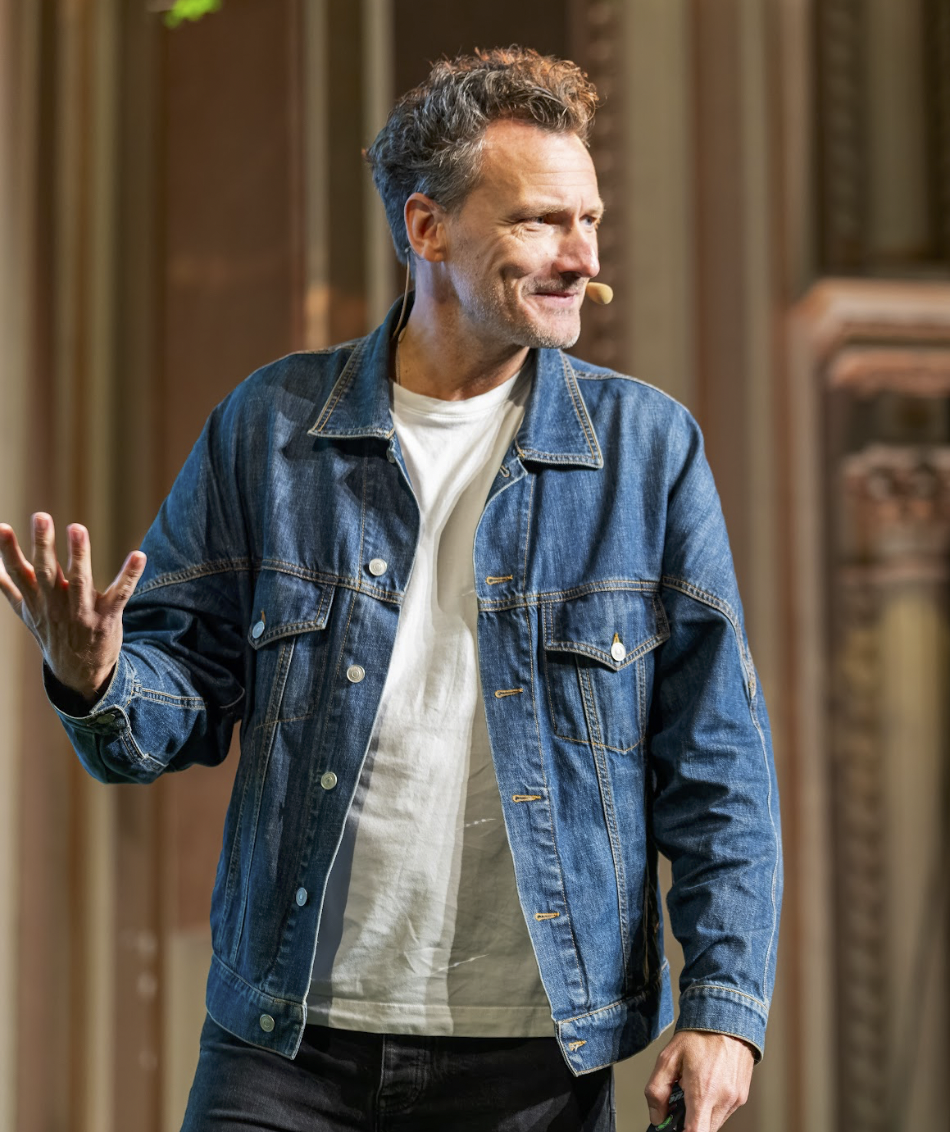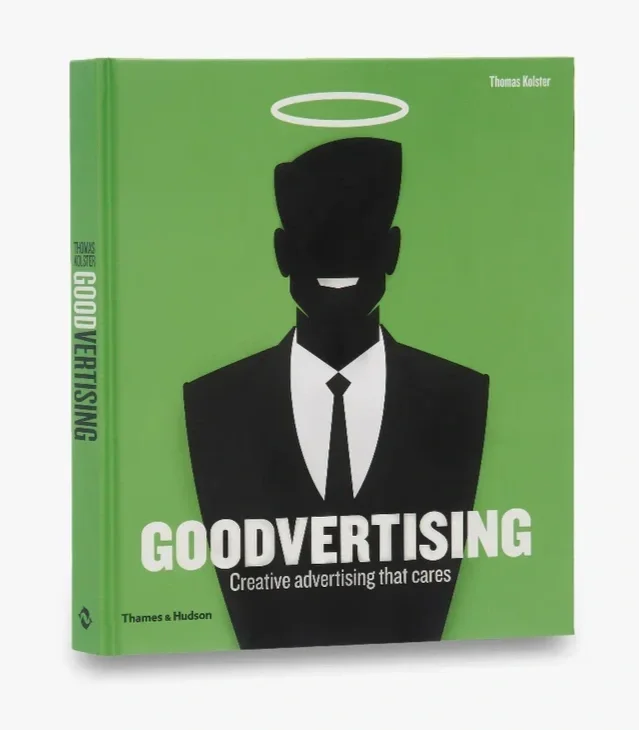I tell the hard truths about climate, business, and society and reimagine what’s next
Change isn't happening
Time to flip the script
Recognized as an ‘Inspirational Leader’ by The Huffington Post
Dubbed a ‘pioneer of impact advertising’ by Shots Magazine
Presented in +80 countries
According to Forbes “changing advertising for the climate”
His methodology The Arrow has been widely adopted and mentioned
Author of Goodvertising & The Hero Trap
D&AD Jury President for Impact
Featured in Climate Punk and AdAge’s Purpose Hits and Misses
Cannes Lions Sustainable Development Goals Judge
Impact entrepreneur such as WhereGoodGrows, ImpactBuddies
Popularised the terms “Goodvertising” and “Post-purpose”
Founder of the Goodvertising Agency
Latest news
New research: Need some ammunition in these uncertain times?
Together with WARC and Cannes Lions, we analysed 10 years of Cannes Lions and WARC Effectiveness data to understand how social and environmental sustainability campaigns perform – and they give bang for bucks.
It’s a win for sustainability and purpose. Get the report.
Speaker
Get inspired by two decades of pioneering change-in-action
Thomas Kolster has helped global giants like Meta, Unilever, Bacardi, LinkedIn, and adidas act differently - and turn values into value. With experience speaking in 80+ countries at stages like TEDx, SXSW, United Nation’s Global Compact and Cannes Lions, Thomas doesn’t just inspire - he drives change.
Advisor
Get an unfair market advantage with Thomas Kolster
Unlock the same transformative approach that powers the world’s most valuable brands. Kolster's bespoke tools such as The Arrow inspires change in brands and leaders. Tap into his tailored advisory at the crossroads of advertising, brand strategy, sustainability and purpose.
For larger projects, team up with Thomas and the experts at The Goodvertising Agency - trusted by brands like Carlsberg, P&G, AB InBev, NIVEA.







